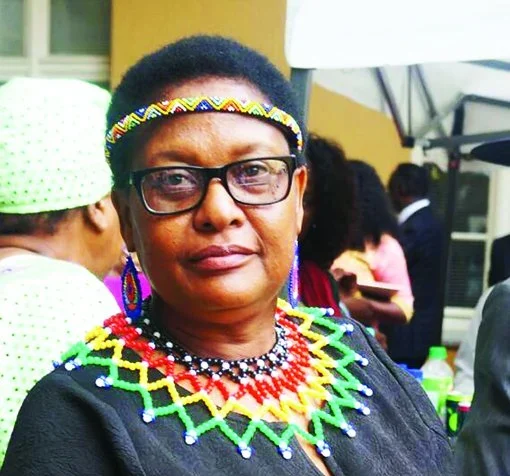Namibia: Lawmaker – Elma Dienda proposed a law stating that Namibian citizens should wait for two years before marrying foreigners. She said that enforcement of this law will help in tackling the issue of some foreigners scamming Namibians for citizenship.
Reportedly, the Namibian Lawmaker did so as a bold move in the context of legislative. Dienda proposed the new law with an aim to address the concerns about foreign nationals exploiting marriage as a means to obtain Namibian Citizenship.
The proposal by Dienda is rooted in the increasing issue of marriage scams, where some foreigners marry Namibian citizens solely to secure their citizenship. She also implemented a mandatory waiting period, believing that the new law will act as a deterrent against such fraudulent practices, ultimately protecting the Namibian citizens and preserving the integrity of the country’s citizenship process.
Considering this, Dienda said that there is a two-year waiting period which is essential to ensure the marriages between Namibian citizens and foreigners which are based on genuine relationships rather than opportunistic schemes.
“We need to safeguard the citizens from being exploited and maintain the sanctity of the citizenship laws,” said lawmaker Elma Dienda.
Furthermore, the proposed legislation sparked a robust debate among the lawmakers, human rights activists and the general public. The supporters argued that the law will help, preventing the citizenship scams and protect the vulnerable citizens from the deceived by unscrupulous individuals.
However, the critics raised concerns about the potential impact on genuine couples and the possible infringement on personal freedoms.
Also, the Human Rights Organizations expressed mixed reactions to the proposal. Some acknowledged the need for measures to combat marriage fraud but caution against creating undue barriers for genuine relationships.
“While it’s important to address citizenship scams, we must ensure that any new law does not infringe on the rights of individuals to marry freely,” said a spokesperson for the Namibian Human Rights Commission.
Continuing the debate, Dienda remained steadfast in her belief that the proposed waiting period will benefit Namibian society as a whole. “This law is about protecting our people and our nation’s integrity. It is a necessary step to prevent abuse and ensure that our citizenship is not taken for granted,” she asserted.
The proposal is set to be reviewed and debated in the coming weeks, with lawmakers expected to weigh the potential benefits against the possible drawbacks. If passed, Namibia will join a growing list of countries implementing stricter regulations to prevent marriage-related citizenship fraud.
For now, Namibians and foreigners alike await the outcome of this legislative initiative, which could significantly impact the future of cross-national marriages in the country.

